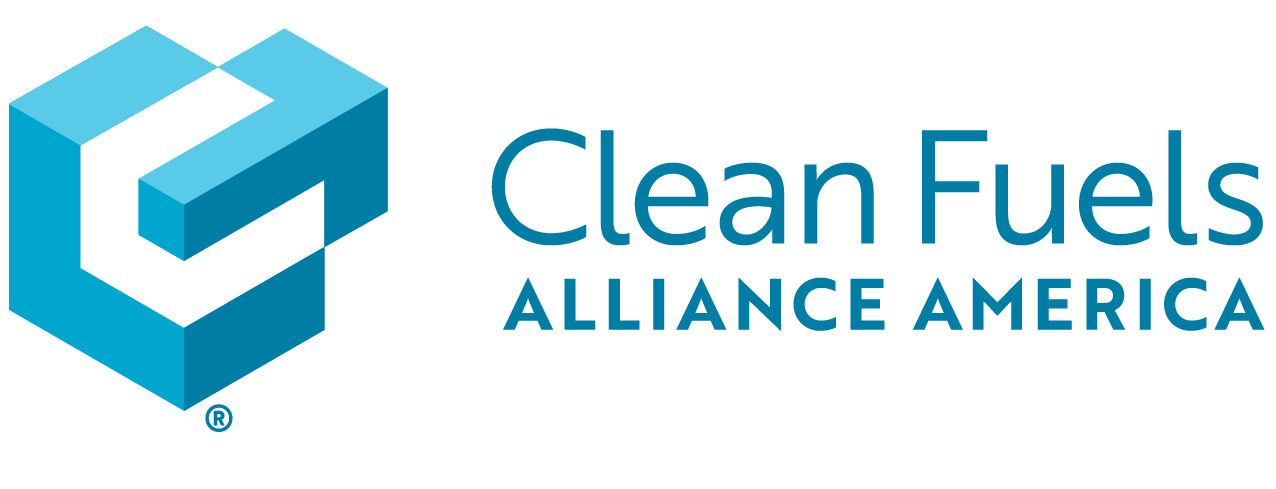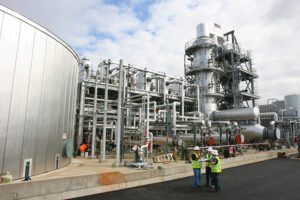WASHINGTON, DC – Today, the National Biodiesel Board welcomed the Environmental Protection Agency’s proposed Renewable Fuel Standard rule and the USDA’s announcement of COVID relief for biofuel producers and funds for the Higher Blend Infrastructure Incentive Program. EPA’s proposal would increase 2022 advanced volumes and restore improperly waived volumes from prior years.
Kurt Kovarik, NBB’s Vice President for Federal Affairs, stated, “During the past two years’ economic challenges, our industry worked hard to meet growing U.S. demand for cleaner, better fuels. We are confident that we can continue to grow and innovate to meet additional market needs. EPA’s rule provides some growth for advanced biofuels in 2022 and we hope puts an end to the demand destruction that resulted from unwarranted small refinery exemptions. We look forward to working with the agency to getting the RFS back on track. And we greatly appreciate the economic relief and incentives for infrastructure that USDA is announcing.
“The long delay in setting 2021 volumes is a missed opportunity,” Kovarik continued. “Moreover, EPA is setting a bad precedent by recalculating the 2020 obligations. The retroactive lowering of volumes creates uncertainty about future growth.”
In 2020, the U.S. biodiesel and renewable diesel market grew to 3 billion gallons – its highest volume ever – and generated more than 4.5 billion advanced biofuel credits (Renewable Identification Numbers or RINs). Through the first ten months of 2021, the industry maintained a sustainable production rate comparable to 2020. EPA is proposing sustainable growth opportunities consistent with industry expectations along with a statutorily required increase of 500 million gallons in the overall advanced biofuel category.
| Volume in billion gallons (% of national fuel) | 2020 Final | 2020 Retro. | 2021 | 2022 |
| Biomass-based diesel (D4) | 2.43 (2.1%) | 2.43 (2.37 – 2.5%) | 2.43 (2.19 – 2.3%) | 2.76 (2.42 – 2.54%) |
| Overall advanced | 5.09 (2.93%) | 4.63 (2.91 – 3.07%) | 5.2 (3.03 – 3.18%) | 5.77 (3.27 – 3.42%) |
| Overall renewable | 20.09 (11.56%) | 17.13 (10.78 – 11.36%) | 18.52 (10.79 – 11.33%) | 20.77 (11.76 – 12.33%) |
EPA is not providing guidance on 2023 biomass-based diesel volumes, which were due under the statute on November 30, 2021.
ABOUT CLEAN FUELS ALLIANCE AMERICA
Made from an increasingly diverse mix of resources such as recycled cooking oil, soybean oil, and animal fats, the clean fuels industry is a proven, integral part of America’s clean energy future. Clean Fuels Alliance America is the U.S. trade association representing the entire biodiesel, renewable diesel and sustainable aviation fuel supply chain, including producers, feedstock suppliers and fuel distributors. Clean Fuels receives funding from a broad mix of private companies and associations, including the United Soybean Board and state checkoff organizations.





